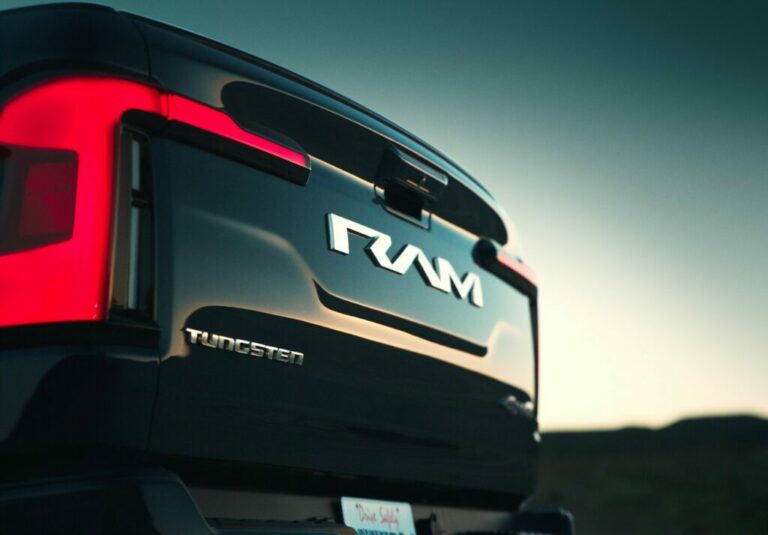Ram was developing an electric heavy-duty pickup truck that would have been more powerful than the 1500 REV, but the program was reportedly canceled in 2024. This decision has led to a $25 million lawsuit between Valeo and American Axle & Manufacturing, two suppliers involved in the project.
The 1500 REV, which was introduced at the 2023 New York Auto Show, has itself been delayed from its original 2024 release to 2026. The electric heavy-duty pickup was expected to join the lineup in 2027, but its cancellation has left suppliers fighting for compensation.
The Lawsuit
Valeo is suing American Axle & Manufacturing for refusing to cover “sunk costs” related to the development of electric motors and inverters for the canceled truck. Valeo reportedly spent millions on these components, which were intended for use in American Axle’s e-Beam axles.

American Axle had announced a contract with Stellantis in 2023 for the development of e-Beam axles with integrated 3-in-1 e-Drive technology for the upcoming model. The exact details of the vehicle were not disclosed at the time, but it was expected to arrive later in the decade.
The lawsuit centers on whether there was an enforceable contract between Valeo and American Axle. Valeo is seeking payment for their work, while American Axle claims that no such contract existed.
Implications
The cancellation of the electric heavy-duty pickup truck program raises questions about the viability of electric vehicles in this segment. Heavy-duty trucks are typically associated with diesel power and significant towing capabilities, areas where EVs currently struggle.
Ram’s decision to axe the program suggests that they may have shared these concerns. The company’s actions indicate a possible shift in focus towards more feasible electric vehicle projects.
The lawsuit between Valeo and American Axle highlights the financial risks involved in developing new automotive technologies. As the industry transitions towards electrification, such disputes are likely to become more common.
The outcome of this lawsuit will be closely watched by industry stakeholders, as it may set precedents for how costs are handled in canceled automotive projects.



